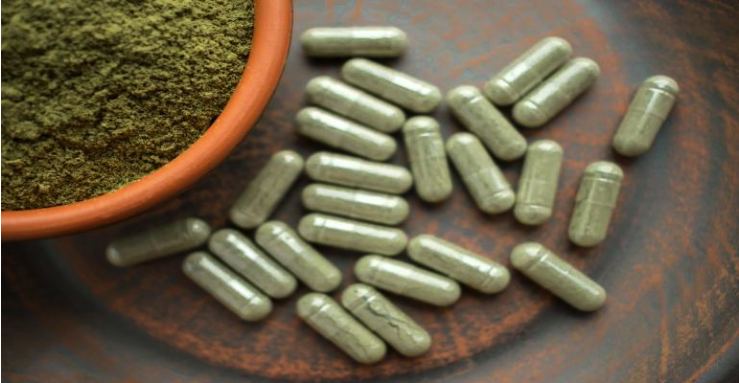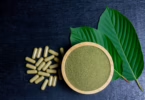Bills ensuring market access to kratom recently have been signed into law in Virginia and West Virginia.
Virginia Gov. Glenn Youngkin signed SB 1108 into law on Monday. The bill prohibits the sale of kratom products to minors, requires that the label list all of the ingredients, and stipulates a health warning for the labels.
On March 23, West Virginia Gov. Jim Justice signed SB 220, which regulates the sale of both kratom and hemp-derived cannabinoids in that state.
Those states now join states such as Arizona, Colorado, Georgia, Nevada, Oklahoma, Oregon, and Utah in having affirmatively approved trade in the botanical.
Virginia, West Virginia bills differ in approach
Mac Haddow, senior fellow on public policy for the American Kratom Association (AKA), said the Virginia and West Virginia regulations are significantly different in that they approached the question from opposite ends of the spectrum.
Virginia approached the issue in a similar way to what happened in Nevada, Haddow said. The Virginia state legislature established an affirmative standard for kratom products and the conditions under which it can be sold. The regulatory structure for the botanical was left open ended, with additional discussions among lawmakers to take place this summer.
Haddow said similar discussions are underway in Nevada to determine exactly how the botanical will be regulated and which state agencies will be responsible.
In West Virginia, however, the path to securing a place on the market for kratom was littered with regulatory wreckage, Haddow said in an interview.
“The initial filing was a ban bill. It took the most onerous view of kratom possible,” he told Natural Products Insider.
“It is by no means a perfect bill and we have strong objections,” Haddow added. “It includes an 11% ‘privilege tax’ similar to what is levied on alcohol or opioids.”
“And there are filing fees for everyone in the supply chain,” Haddow continued. “It creates economic barriers. And for the kinds of people we are most trying to help, the barriers are always economic.”
Botanical has different effects at different doses
Also known as Mitragyna speciosa, kratom is a botanical from Southeast Asia used by millions of Americans.
Kratom contains two major psychoactive alkaloids: mitragynine and 7-hydroxymitragynine. Pharmacologically, the alkaloids exhibit biphasic effects. At a low dose, it acts as a stimulant while at higher doses it tends to act as a sedative.
The botanical has been in FDA’s regulatory crosshairs for almost a decade. In 2016, FDA sought, unsuccessfully, to have kratom scheduled as an illegal drug. That year, six states backed the effort to make kratom illegal and banned its sale: Alabama, Arkansas, Indiana, Rhode Island, Wisconsin and Vermont.
Most recently, FDA in 2021 renewed an import alert on the botanical.
Under the terms of the alert, dozens of firms and their products are subject to detention without physical examination (DWPE) under Import Alert 54-15. The firms are based in Canada, Indonesia, Malaysia, Philippines and the United States.
Haddow said the members of his group are working toward securing access for consumers who want to use the botanical to support their health, but not via a dietary supplement-type market presence. For those companies seeking to market the product in the guise of a dietary ingredient, he said the import ban is in order.
Consumers have used the botanical for various reasons, from a small energy pick-me-up in lieu of a cup of coffee to helping to manage chronic pain and weaning themselves off opioids, Haddow said.
AKA: Access to kratom should be available with caveat
Haddow sidestepped the question of how kratom should be defined from a regulatory perspective and chose to focus instead on giving Americans the freedom to choose for themselves safe products to use to support their health. But they should also be protected from marketers making unsubstantiated claims, he added.
“This is the difference between commercial speech and First Amendment protected free speech,” Haddow said. “We recognized that commercial speech is not unrestricted.”
“A kratom product should not be allowed to make a structure function claim without getting an NDI [new dietary ingredient notification]. We agree with that,” he added. “The trouble is that FDA is never going to grant an NDI for kratom.” ~ Hank Schultz | Mar 29, 2023







